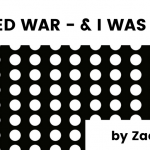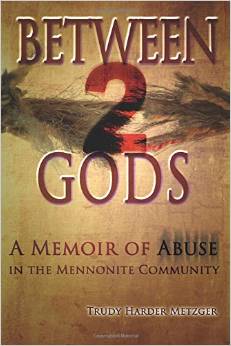*The following is part of the Patheos book club. Get more info here.
 Over the weekend I read an incredibly helpful book by Adam Hamilton called, Enough: Discovering Joy through Simplicity and Generosity. It is a book that “…with the help of God, we aim to simplify our lives and silence the voices constantly telling us we need more; that we live counterculturally by actually living below, not above, our means; that we build into our budgets the money to buy with cash instead of credit; and that we build in what we need to be able to live generously and faithfully” (31).
Over the weekend I read an incredibly helpful book by Adam Hamilton called, Enough: Discovering Joy through Simplicity and Generosity. It is a book that “…with the help of God, we aim to simplify our lives and silence the voices constantly telling us we need more; that we live counterculturally by actually living below, not above, our means; that we build into our budgets the money to buy with cash instead of credit; and that we build in what we need to be able to live generously and faithfully” (31).
My initial feeling going into this book was that it would be another simple “money management” book telling me to do things such as: getting rid of credit cards, save enough to live on for 3 months, give to the church, etc. Certainly, these were part of this book, but it offered more. Part of my expectation as I began to read was that I’d be reading something that gave a sweeping vision of seeking justice, generosity, and simplicity. In my head, I suppose I was looking for another Irresistible Revolution, a book that demonstrates a radical approach to finances and the poor. What I found was a book written for average Christians in America who, if they change some bad habits will realize that their needs are taken care of and that they can become more generous than ever before.
The first steps toward living a radical faith is living a life that manages what we have with wisdom and care. That really clicked with me in this book. At a foundational level, there are three internal realities that Christ-followers need to come to grips with if we are going to live more simply and generous lives. The first is envy. When we become consumed by what we don’t have, consumerism creeps into our soul and into poor purchasing habits. Second, we must confront greed. Part of human nature is the desire to have and want more. Third, we must confront gluttony. Here Hamilton states that “We keep consuming, even when we are full and our needs are met – and we finally make ourselves sick” (25).
Something that resonates with me at various points in my journey is something that Adam Hamilton calls “Restless Heart Syndrome” (RHS). He states:
“Its primary symptom is discontent. We find that we are never satisfied with anything. The moment we acquire something, we scarcely take time to enjoy it before we want something else. We are perennially discontent. This is the nature of RHS, and it is a syndrome that, if left unchecked, can destroy us” (70).
In a culture dominated by swift marketing and consumerism, RHS lures in the most God-fearing of hearts if we are not careful. This leads to poor money management and leaves us unable to live the sort of generous lives God intends for us.
I highly recommend this book. Not only is it inspiring and practical, but it is a short read. I’d say that it could be read within an hour or two. It’s a book, now in its second edition, that has inspired many people during this broken economy to rise above their circumstances and to choose against the lure of consumerism. Simplicity is possible and this book shows that simplicity begins by making some simple choices and by implementing some simple actions.















